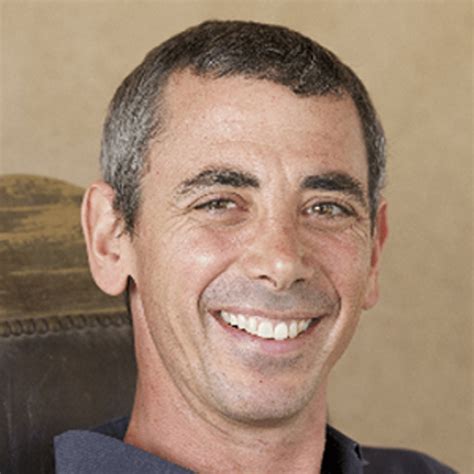A Quote by Eric Ries
Entrepreneurs can't forecast accurately, because they are trying something fundamentally new. So they will often be laughably behind plan - and on the brink of success.
Related Quotes
Sometimes it is not wise to make a second plan; it diminishes the power of the first plan! In risky paths, make only one plan; this will increase the possibility of success! On the edge of a precipice, if your second plan is a parachute on your back, your possibility of falling will increase! When you have nothing to trust, you will be safer, because you have no right to make any mistake!
The successful entrepreneurs on the free market will be the ones most adept at anticipating future business conditions. Yet, the forecasting can never be perfect, and entrepreneurs will continue to differ in the success of their judgments. If this were not so, no profits or losses would ever be made in business.
Luck is one thing. It has always been there, it has always been a part of my success. It's a part of everyone's success. Without it, you can't be successful. But luck is something you have to stimulate, something you have to nurture through the choices you make...That's why things have always worked out for me. Things work out not just because I'm lucky, but because I plan ahead. I figure out what I want and I go for it. I've always spent a lot of time trying to surround myself with the right people, the kinds of teammates who could lead me to my goals.
Fashion is an archetype: you're trying to build a silhouette, and that is very similar to building up a building because you're trying to create a new structure, a new proportion, a new shape, and you're using a material to cut which is a bit mathematical. That idea of finding something new in terms of proportion is something that drives me.
































